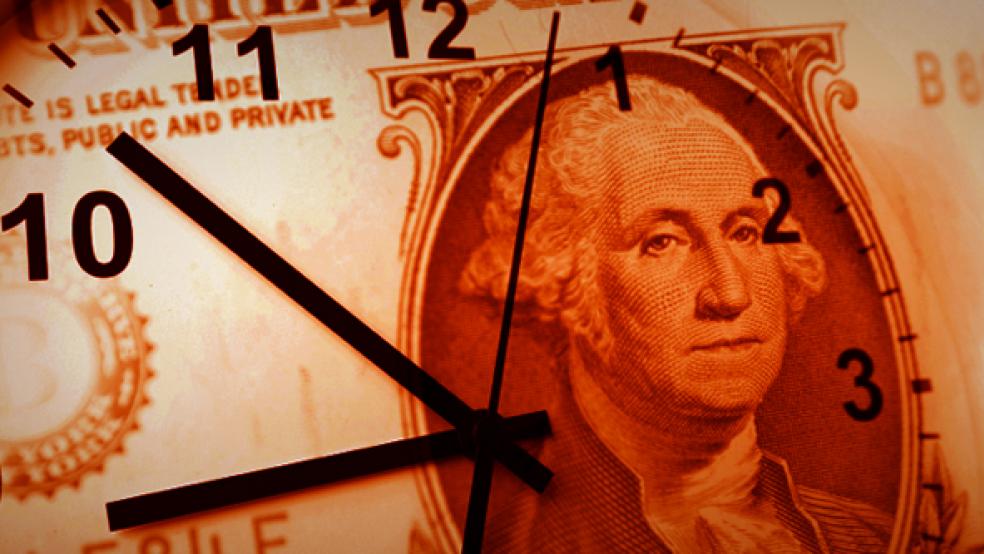The U.S. will default on its obligations sometime between July and September if the federal debt limit is not raised or suspended, the Congressional Budget Office said in a new estimate published Wednesday.
The latest CBO projection provides a new baseline for lawmakers as they wrangle over raising the debt ceiling, with Republicans insisting on spending cuts as a precondition for doing so, even as President Joe Biden insists that Congress raise the limit without any strings attached.
The U.S. hit the $31.4 trillion statutory limit on the national debt in January, forcing the Treasury to start taking what it calls extraordinary measures to make all of its payments in full and on time. The so-called X-date — the day on which those extraordinary measures are exhausted and the federal government can no longer meet all of its obligations — will arrive at some point in the fourth quarter of the current fiscal year, according to the new estimate, but the CBO did not provide a specific day.
Previously, the Treasury Department estimated that the X-date could arrive as soon as June 5. While declining to name a specific day, CBO did say that the X-date could arrive before July, depending on how robust tax receipts are in April. One potential source of a shortfall in revenues is capital gains taxes, which have been strong in recent years but are projected to soften as the economy slows.
Yellen warns again: Treasury Secretary Janet Yellen has warned of the dire results that could follow if the nation defaults on its debts, in whole or in part. “In my assessment — and that of economists across the board — a default on our debt would produce an economic and financial catastrophe,” Yellen said at a meeting of county leaders in Washington earlier this week. “Many of your residents could ultimately lose their jobs.”
Yellen also advised Congress to act sooner rather than later. “Let’s not wait until the last minute,” she said. “I believe it is a basic responsibility of our nation’s leaders to get this done.”
Analysts at the Bipartisan Policy Center, which provides its own estimate of the X-date, have echoed that view, arguing that lawmakers should act well before the default date gets close. “In this past, some have misinterpreted the window . . . as a safe range to forestall default. This interpretation, however, is a misreading,” the non-partisan think tank said in January. Instead, BPC maintains that “policymakers must act before the beginning of the X Date range—ideally well before—if they wish to responsibly protect the U.S. and global economies.”




